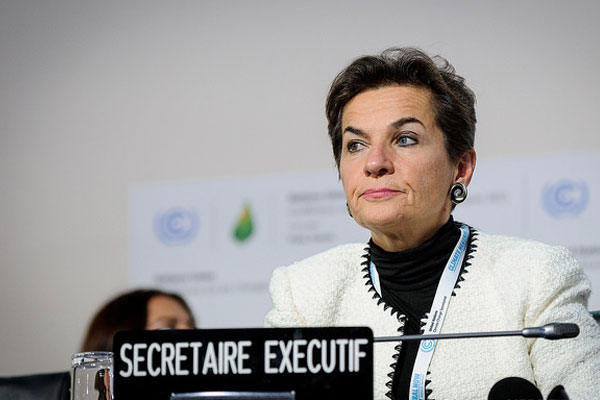August 2015

Former Winrock Board Member ‘The Woman Who Could Stop Climate Change’
August 25, 2015
In the August 24, 2015, issue, The New Yorker posits that Christiana Figueres may be “the woman who could stop climate change.” In her role as the Executive Secretary of the United Nations Framework Convention on Climate Change (UNFCCC), Figueres is tasked with persuading the leaders of 195 countries to reduce carbon emissions. “You know, […]